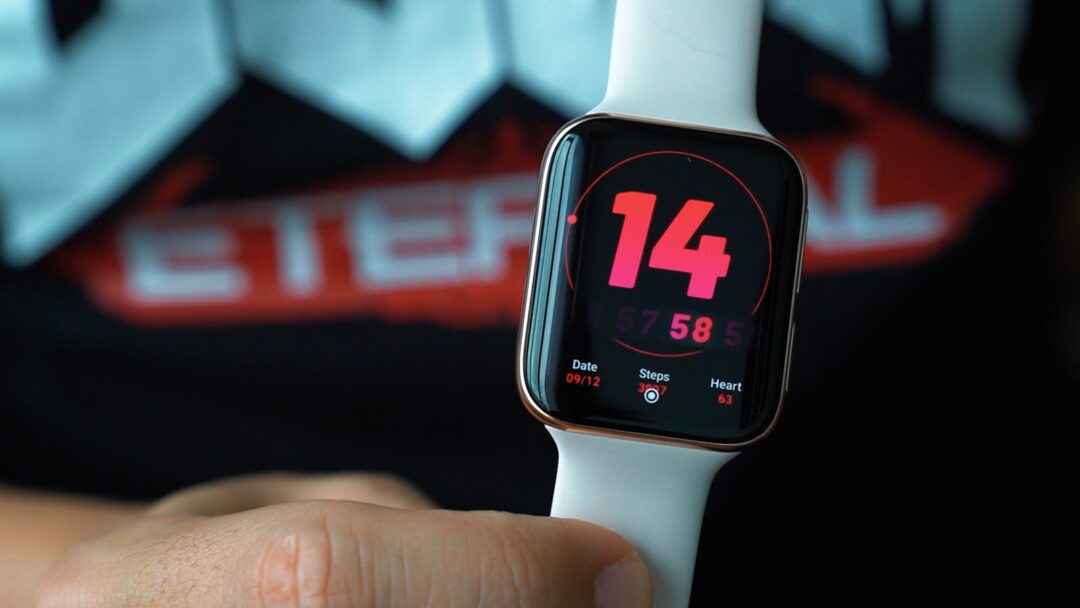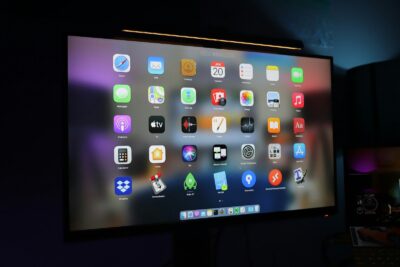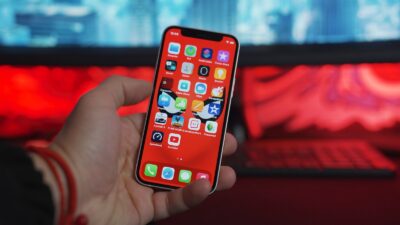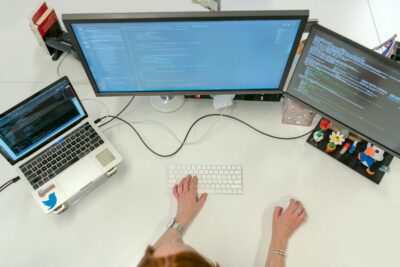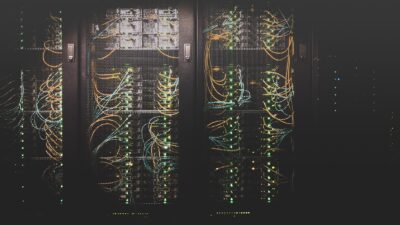Revolutionizing Healthcare: Edge Computing Enhances Mobile Health Monitoring in the Gulf
The rise of Mobile Health Monitoring Systems are transforming the way healthcare is delivered, particularly in regions like the Gulf where access to medical facilities can be limited. Edge computing, by bringing computation and data storage closer to the source, is proving to be a game-changer in improving the performance of mobile health monitoring systems. This article explores the ways in which edge computing is revolutionizing healthcare by enhancing mHealth in the Gulf.
Real-Time Data Processing: The Key to Timely Interventions
Mobile health monitoring devices, such as wearable sensors and smartwatches, generate vast amounts of data in real-time. Traditionally, this data was sent to the cloud for processing, which could introduce delays due to network latency. Edge computing eliminates this bottleneck by enabling data processing to occur directly on the device or at a nearby edge server. This allows for real-time analysis of patient data, enabling healthcare providers to detect anomalies, monitor trends, and intervene promptly when necessary. In the Gulf, where chronic diseases are prevalent, early detection and intervention are crucial for effective healthcare management.
Enhanced Privacy and Security: Protecting Patient Data
Data privacy and security are paramount in healthcare. Edge computing addresses these concerns by reducing the need to transmit sensitive patient data over long distances to the cloud. By processing data locally, edge computing minimizes the risk of data breaches and unauthorized access. Additionally, edge devices can employ encryption and other security measures to further protect patient information. In the Gulf, where cultural sensitivities around data privacy are strong, edge computing offers a secure and compliant solution for mHealth.
Empowering Remote Patient Monitoring: Extending Healthcare Reach
In the Gulf, where remote communities may have limited access to healthcare facilities, edge computing-powered mHealth solutions are a lifeline. By enabling real-time data processing and analysis at the edge, healthcare providers can remotely monitor patients’ health status, track medication adherence, and provide personalized care even in the most isolated areas. This not only improves patient outcomes but also reduces the burden on healthcare systems by minimizing hospital visits and readmissions. In Saudi Arabia’s Vision 2030 and the UAE’s National Agenda, telemedicine and remote patient monitoring are key pillars for transforming healthcare delivery, and edge computing plays a crucial role in achieving these goals.
Driving Innovation in mHealth Applications: The Gulf as a Testbed
The Gulf region, with its tech-savvy population and ambitious healthcare initiatives, is becoming a fertile ground for innovation in mHealth applications. Edge computing is fueling this innovation by enabling the development of sophisticated mHealth solutions that leverage AI, machine learning, and data analytics. These solutions are being used for a wide range of applications, from personalized fitness tracking to remote monitoring of chronic conditions. The UAE’s Dubai Health Authority, for instance, is actively exploring the use of AI-powered mHealth solutions to enhance patient care and improve operational efficiency. In Saudi Arabia, the Ministry of Health is investing heavily in digital health initiatives, and edge computing is seen as a key enabler of these efforts.
The Road Ahead: A Future of Personalized and Proactive Healthcare
As edge computing continues to evolve, its impact on mobile health monitoring in the Gulf is set to expand. The integration of 5G networks will further enhance the speed and reliability of data transmission, while advancements in AI and machine learning will enable even more sophisticated data analysis and personalized healthcare recommendations. Edge computing is paving the way for a future where healthcare is not just reactive but also predictive and preventive. By empowering individuals to take charge of their health and providing healthcare providers with the tools to deliver personalized and proactive care, edge computing is truly revolutionizing healthcare in the Gulf and beyond.
Building a Robust Edge Computing Ecosystem: Collaboration is Key
To fully realize the potential of edge computing for mobile health monitoring in the Gulf, collaboration between various stakeholders is essential. Governments, healthcare providers, technology companies, and research institutions need to work together to develop standards, share best practices, and create a robust ecosystem that supports the development and deployment of innovative mHealth solutions. The Gulf Cooperation Council (GCC) is actively promoting collaboration in the healthcare sector, and edge computing is recognized as a key enabler of this collaboration.
#edgecomputing #mobilehealthmonitoring #mHealth #healthcaretechnology #real-timedata processing #patientcare #remotemonitoring #wearables #telemedicine #digitalhealth

